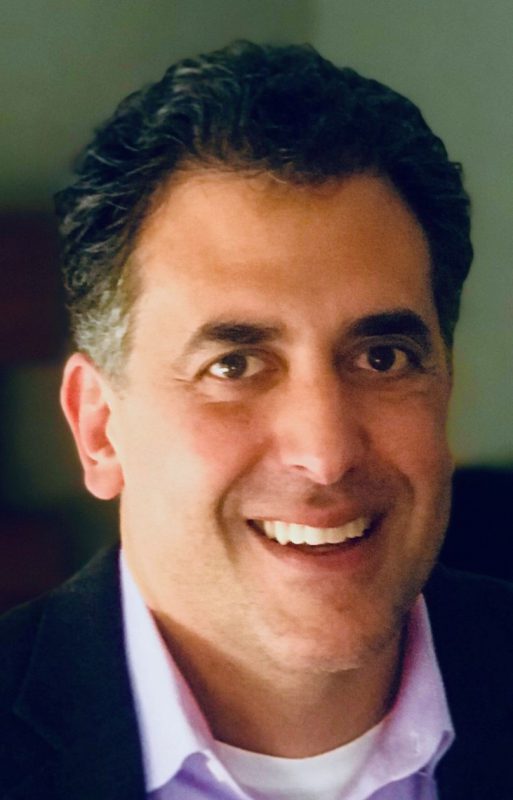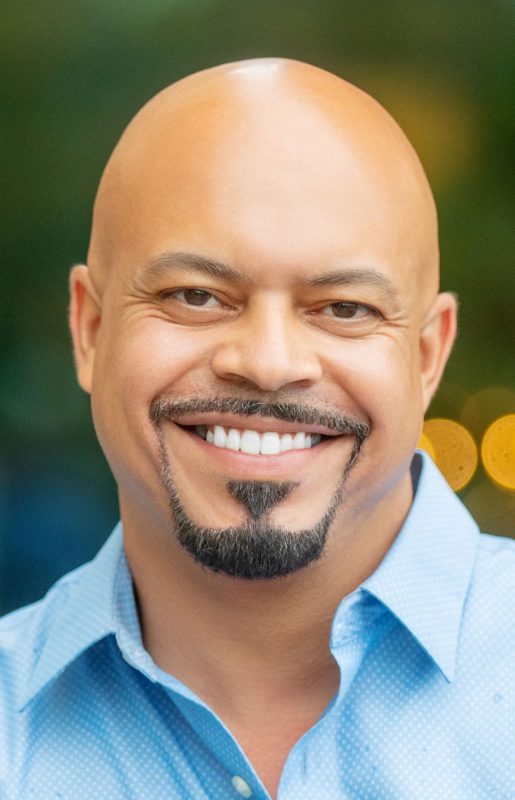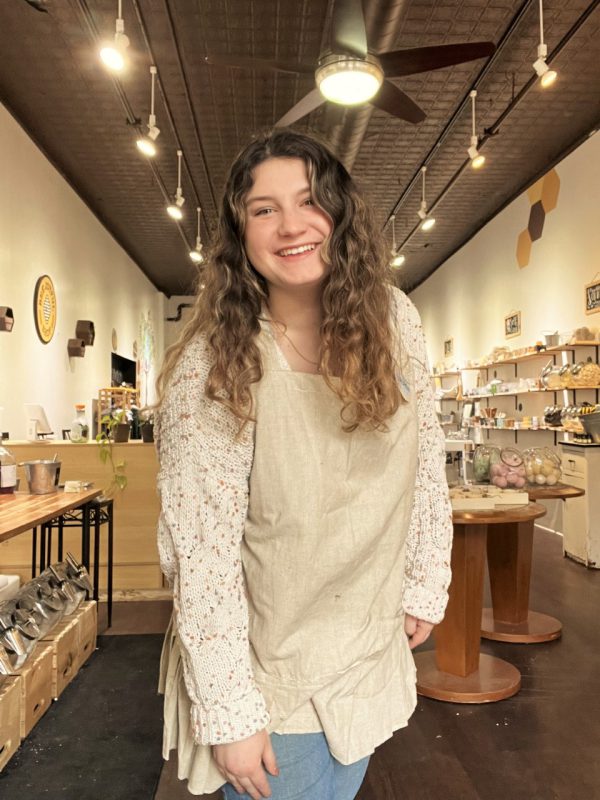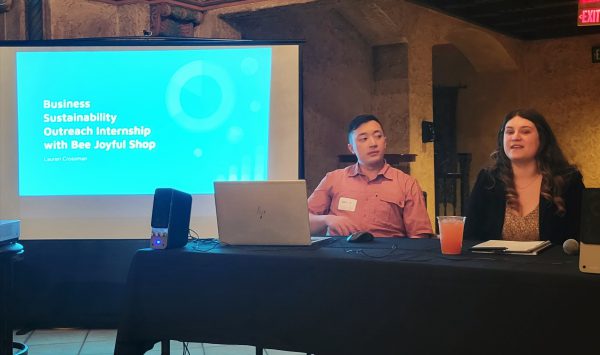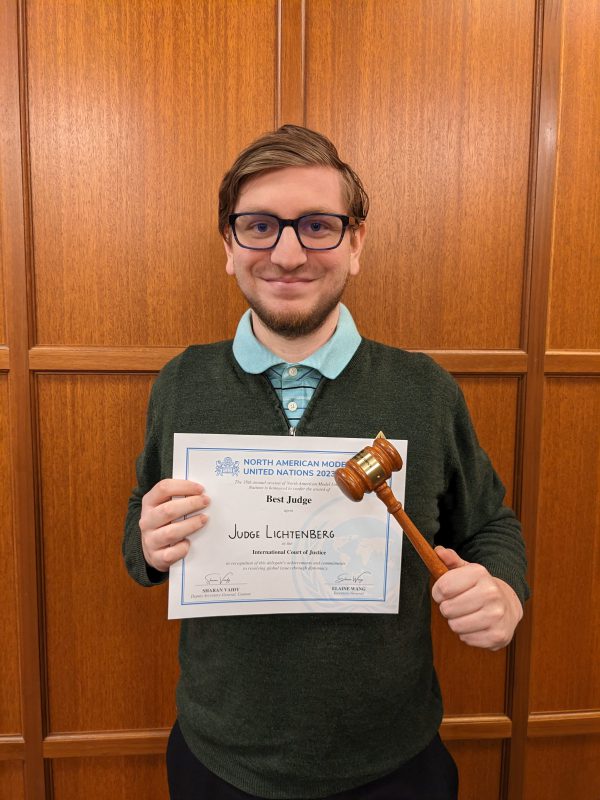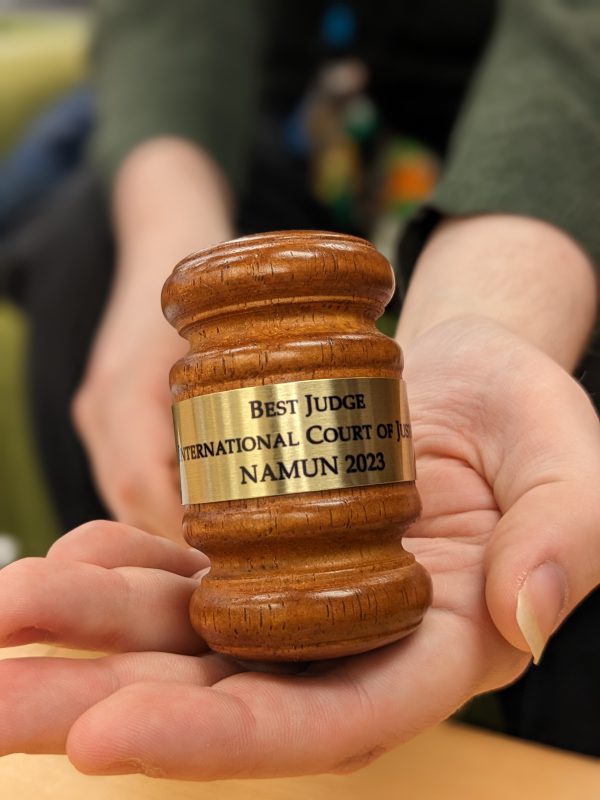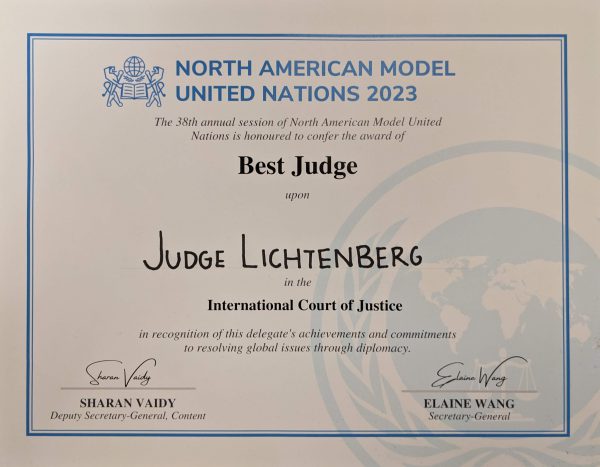


Amy Elman, the William Weber Chair of Social Science, is this year’s recipient of the Lux Esto Award of Excellence as announced today during the College’s Founders Day celebration, marking K’s 192nd year.
The award recognizes an employee who has served the institution for at least 26 years and has contributed significantly to the campus. The recipient—chosen by a committee with student, faculty and staff representatives—is an employee who exemplifies the spirit of K through selfless dedication and goodwill.
At K, Elman has taught a variety of courses within the political science, women’s studies and Jewish studies departments. During her tenure, she has also been a visiting professor at Haifa University in Israel, Harvard University, SUNY Potsdam, Middlebury College, Uppsala University in Sweden and New York University.
Elman has received two Fulbright grants, a fellowship from the National Endowment for the Humanities and a grant from the Sassoon International Center for the Study of Anti-Semitism at Hebrew University. She has written three books: The European Union, Antisemitism and the Politics of Denial (2014); Sexual Equality in an Integrated Europe (2007); and Sexual Subordination and State Intervention: Comparing Sweden and the United States (1996). She also edited Sexual Politics and the European Union: The New Feminist Challenge (1996). In the 1997–98 academic year, she was awarded K’s Florence J. Lucasse Fellowship for outstanding scholarship.
In accordance with Founders Day traditions, two other employees received community awards. Dow Associate Professor of Computer Science Sandino Vargas–Pérez was given the Outstanding Advisor Award and Varney Assistant Professor of Chemistry Daniela Arias-Rotondo received the First-Year Advocate Award.
Before arriving at K, Vargas-Perez worked as an adjunct instructor at Western Michigan University, where he earned his master’s degree and Ph.D. in computer science. He also holds a bachelor’s degree from Pontificia Universidad Catolica Madre y Maestra in the Dominican Republic.
Vargas-Perez has taught courses at K in data structures, algorithms, parallel computing, computing for environmental science, object-oriented programming, and programming in Java and web development. His research interests include high-performance computing, parallel and distributed algorithms, computational genomics, and data structures and compression.



Nominators said Vargas–Pérez has consistently gone above and beyond his responsibilities as a professor to promote learning while finding opportunities for his advisees.
Arias-Rotondo has earned significant funding in support of her research and her commitment to engaging students in hands-on experiences in her lab. A $250,000 grant in 2023 from the National Science Foundation’s Early-Career Academic Pathways in the Mathematical and Physical Sciences (LEAPS-MPS) provided funding for student researchers, typically eight to 10 per term. In 2024, she received a $50,000 American Chemical Society (ACS) Petroleum Research Fund grant, which will support her and her students’ upcoming research regarding petroleum byproducts. H.
Arias-Rotondo teaches Introductory Chemistry, Inorganic Chemistry, and Molecular Structure and Reactivity, and commonly takes students to ACS conferences. She holds a bachelor’s degree from the Universidad de Buenos Aires in Argentina and a Ph.D. from Michigan State University. Nominators said she has been a dependable, inspirational and fierce advocate for students.
Gonzalez also recognized the students who served as President’s Student Ambassadors in the 2024–25 academic year and introduced those who will serve the College beginning this fall in 2025–26. As student leaders, President’s Student Ambassadors serve as an extension of the president’s hospitality at events and gatherings, welcoming alumni and guests of the College with a spirit of inclusion. About 15 students serve as ambassadors each academic year. The students selected show strong communication skills; demonstrate leadership through academic life, student life or community service; and maintain a minimum grade-point average.
The 2024-25 ambassadors have been:
- Jaylen Bowles-Swain ’26
- Christopher Cayton ’25
- Kyle Cooper ’25
- Blake Filkins ’26
- James Hauke ’26
- Maya Hester ’25
- Madeline Hollander ’25
- Gavin Houtkooper ’25
- Katie Kraemer ’25
- Isabelle Mason ’27
- Alex Nam ’25
- Tyrus Parnell, Jr. ’25
- Isabella Pellegrom ’25
- Addison Peter ’25
- Maxwell Rhames ’25
- Emiliano Alvarado Rescala ’27
- Amelie Sack ’27
- Dean Turpin ’25
- Ava Williams ’25
The 2025-26 ambassadors succeeding this year’s seniors will be:
- McKenna Acevedo ’27
- Randa Alnaas ’27
- Zahra Amini ’26
- Baylor Baldwin ’26
- Victoria “Gracie” Burnham ’27
- Avery Davis ’28
- Landrie Fridsma ’26
- Grey Gardner ’26
- Ava King ’28
- Claire Rhames ’27
- Simon Sawyer ’28
- Jillian Smith ’27
- Darius Wright III ’28


















